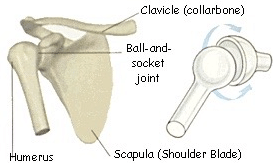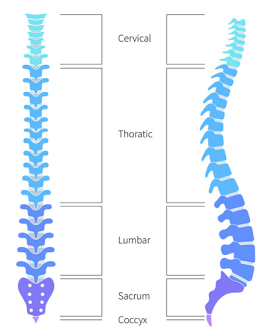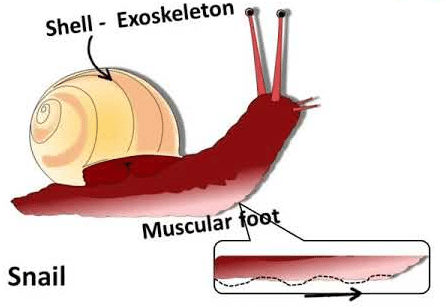UPSC Exam > UPSC Tests > MCQ: Body Movements - UPSC MCQ
MCQ: Body Movements - UPSC MCQ
Test Description
10 Questions MCQ Test - MCQ: Body Movements
MCQ: Body Movements for UPSC 2025 is part of UPSC preparation. The MCQ: Body Movements questions and answers have been prepared
according to the UPSC exam syllabus.The MCQ: Body Movements MCQs are made for UPSC 2025 Exam.
Find important definitions, questions, notes, meanings, examples, exercises, MCQs and online tests for MCQ: Body Movements below.
Solutions of MCQ: Body Movements questions in English are available as part of our course for UPSC & MCQ: Body Movements solutions in
Hindi for UPSC course.
Download more important topics, notes, lectures and mock test series for UPSC Exam by signing up for free. Attempt MCQ: Body Movements | 10 questions in 10 minutes | Mock test for UPSC preparation | Free important questions MCQ to study for UPSC Exam | Download free PDF with solutions
Detailed Solution for MCQ: Body Movements - Question 1
MCQ: Body Movements - Question 2
The joint which helps in rotating a body in all directions is called _______
Detailed Solution for MCQ: Body Movements - Question 2
Detailed Solution for MCQ: Body Movements - Question 3
Detailed Solution for MCQ: Body Movements - Question 4
Detailed Solution for MCQ: Body Movements - Question 5
Detailed Solution for MCQ: Body Movements - Question 6
Detailed Solution for MCQ: Body Movements - Question 7
Detailed Solution for MCQ: Body Movements - Question 8
Detailed Solution for MCQ: Body Movements - Question 9
Detailed Solution for MCQ: Body Movements - Question 10
Information about MCQ: Body Movements Page
In this test you can find the Exam questions for MCQ: Body Movements solved & explained in the simplest way possible.
Besides giving Questions and answers for MCQ: Body Movements, EduRev gives you an ample number of Online tests for practice
Download as PDF

















